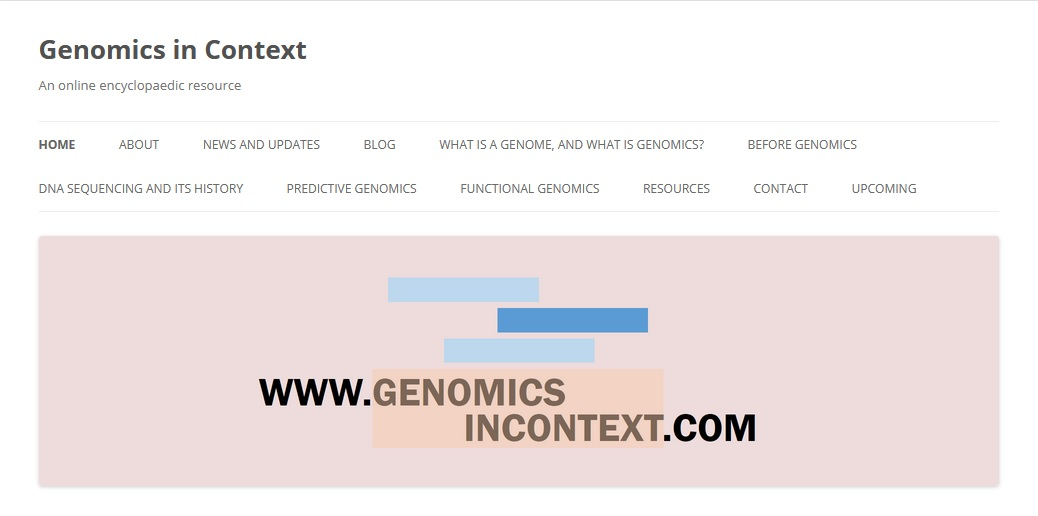The joys of research and writing – of pursuing a line of inquiry, finding an exciting vignette – can too often turn to frustration. However pleased you are with that carefully crafted couple of paragraphs, they just have to be removed. They really do not advance the argument enough to stay in, given the word count and the additional suggestions of the reviewers. As a result, it gets cut, and maybe lives on dormant in a document located somewhere in a labyrinthine file system.
So, when historian of biology Michel Morange suggested as a spin-off of the European Research Council funded ‘TRANSGENE: Medical translation in the history of modern genomics’ project that we develop a web resource showcasing our research, I immediately grasped its potential. Such a resource could make use of the research and writing that does not make it into a paper. It could allow us to develop these elements, or other research findings that cannot achieve full bloom in the cramped confines of a peer-reviewed article. It could also provide us with the platform to summarise our research for non-specialist audiences. I felt this was needed, as public resources specifically on genomics that are deeply informed by humanities and social science scholarship tend to be scattered, when present at all.
The idea was born for ‘Genomics in Context’. A successful application for a Beltane Public Engagement Fellowship gave me the room and impetus to explore this idea. I discussed it with colleagues with experience in public engagement, other academics teaching genomics to undergraduates, and professional writers. The website – www.genomicsincontext.com – includes articles of three to five-thousand words, with an accompanying blog for shorter pieces. The intention ultimately is to use blog posts as seeds for longer articles. For now, it serves as a valued venue to allow selected students on courses here in the Science, Technology and Innovation Studies subject group to develop high quality assignments into public posts, with my guidance as editor.
For the articles, upon advice I have shaped a review process that provides a rigour to ensure high-quality outcomes worthy of inclusion on a CV, while making it as painless and constructive for contributors as possible. A small group of researchers here at the University of Edinburgh have participated, attending review meetings at which we discussed draft articles, with the author present if they wished to be. An assigned lead reviewer was tasked with collating and synthesising the views discussed in the meeting, and producing a report for the author to aid them in their revising ahead of publication. Since the outbreak of the pandemic, I have been less able to secure new writers and the review process has necessarily become more virtual and distant. Soon, I hope to be able to be out there securing commitments and holding review meetings similar to the pre-pandemic model.
The resource is intended to be a long-term project, with articles and blog posts steadily added, and additional resources for further exploration included and contextualised. I have plans to add some video content, and also to include an ‘ontology’, an information resource modelled on ontologies in the natural sciences, in which entities – such as individuals, institutions and projects – and the relations between them, can be accessed by users. This would be useful as a reference, as well as a research tool for discerning connections and patterns across genomic research.
Feedback, suggestions for content (including new kinds of content) and submissions of draft blog posts and articles are always welcome. Please fill out the contact form on the website to do this.
